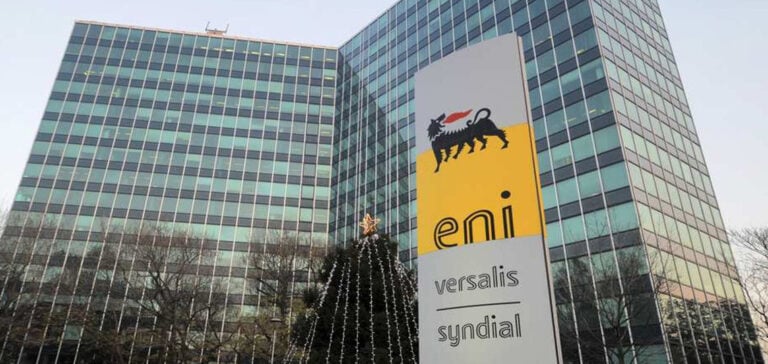Qatar signs a 27-year liquefied natural gas (LNG) supply agreement with Italian giant Eni. This strengthens its footprint in the global energy sector.
Qatar and Eni: A 27-Year Agreement
This historic agreement was announced by QatarEnergy, the Gulf emirate’s leading gas company. According to the official press release, subsidiaries of QatarEnergy and Eni have formalized a sale and purchase agreement to supply up to one million tonnes of LNG to Italy each year. First deliveries are scheduled for 2026. They are spread over a 27-year period. A substantial supply from the North Field East project, in which the Italian company holds a 3.125% stake. This gas will be transported to the FSRU Italia, a floating storage and regasification unit located in the port of Piombino, Tuscany.
The Qatar-Eni Partnership: A Vanguard Vision
Qatar’s Minister of Energy and CEO of QatarEnergy, Saad Sherida Al-Kaabi, expressed his satisfaction: “This is another important step in strengthening our partnership with Eni. We will continue to demonstrate our commitment to European markets in general, and the Italian market in particular.”
An international strategy
In terms of duration, this agreement is in line with those recently signed with TotalEnergies, a French company, and with British giant Shell. This is a strategic decision for the wealthy Gulf emirate, which is one of the world’s leading players in LNG production, alongside the USA and Australia.
Geopolitical and energy context
It should be noted that, although Asian countries including China, Japan and South Korea are among Qatar’s main LNG customers, European countries are showing increasing interest in diversifying their gas supply sources, not least in response to the geopolitical tensions surrounding Russia.
Expansion of the North Field East Project
Eni had already taken a 3.1% stake in the North Field East expansion project in June 2022, which should enable it to significantly increase its LNG production, reaching a capacity of 126 million tonnes per year by 2027. This partnership between Qatar and Eni is therefore the fruit of a strategic collaboration that will undoubtedly influence the international energy landscape.
Global implications
This long-term agreement between Qatar and Eni testifies to the importance of stability and diversification in the energy sector. It also illustrates the constant quest for energy alternatives worldwide, particularly in the current context of major geopolitical challenges. This partnership goes beyond borders and demonstrates the vitality of the gas sector and the desire to ensure a sustainable energy future for generations to come.
Impact on You and the World
This colossal agreement between two major players in the energy sector cannot be ignored. It bears witness to major changes in the global energy market and the growing importance of international partnerships in an increasingly interconnected world.






















